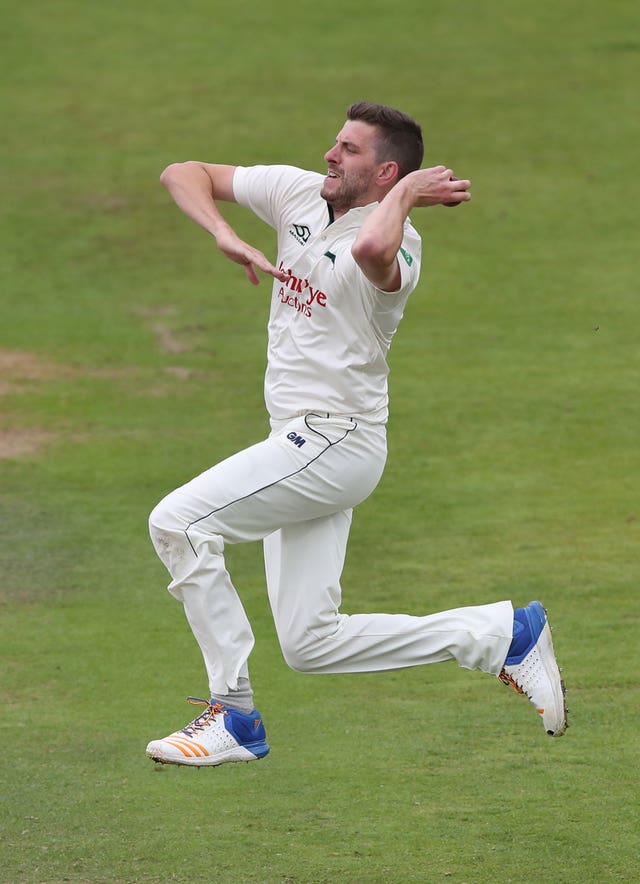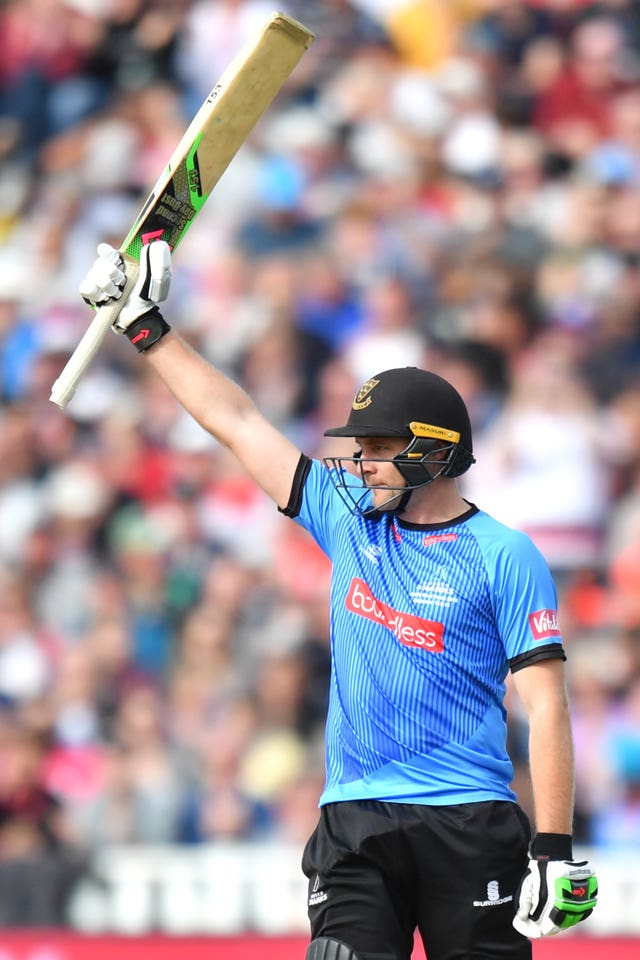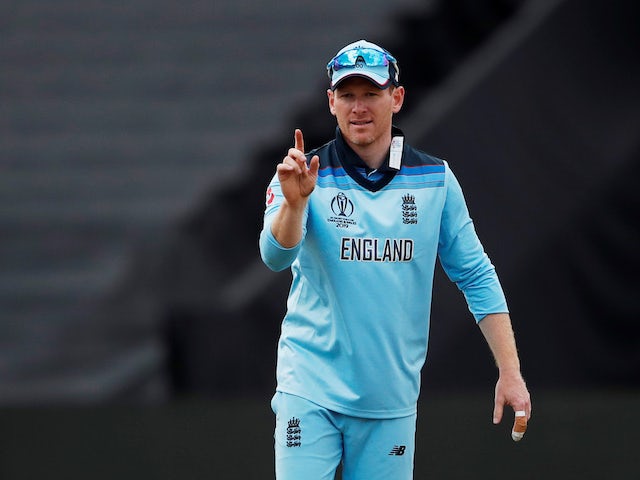Eoin Morgan believes the new Euro T20 Slam competition will boost cricket in Ireland, the Netherlands and Scotland by giving local players a chance to compete against the best players in the world.
England's World Cup-winning captain will lead the Dublin franchise in the latest addition to the global Twenty20 circuit: a six-team format, based in three countries, bankrolled by Indian money, with 33 games between August 30 and September 22.
The 32-year-old Dubliner was the star attraction at the tournament's first draft in London on Friday, when more than 100 international and domestic players were selected for the Amsterdam Knights, Belfast Titans, Dublin Chiefs, Edinburgh Rocks, Glasgow Giants and Rotterdam Rhinos.
Speaking to PA, the former Ireland age-group star who moved to England to further his cricketing ambitions said: "I never thought I'd play cricket for Dublin. I grew up watching the Dublin (Gaelic) football team do special things but to play cricket for Dublin is brilliant.
Breaking: @Eoin16 will represent the Dublin Chiefs! Are you excited to see him a don a Green jersey again? Watch the #ET20SDraft LIVE: https://t.co/yDNmewRMGu#EuroT20Slam pic.twitter.com/CYd8sLiaaM — Euro T20 Slam (@et20s) July 19, 2019
"It feels weird now but when you think about everything that is going on with Irish and Scottish cricket – Scotland turned (England) over last year, which was great for the game – it's important to lay a platform to give people opportunities to play on a more consistent basis against some of the best players in the world. It's brilliant and I think there's a market for it as well."
The Chiefs and Titans will play their home games at Dublin's Malahide Cricket Club, the Knights and Rhinos will be based in Amsterdam and the Rocks and Giants will play at The Grange Club in Edinburgh.
Each team was allocated one icon player and one marquee player – at a cost of £108,000 and £92,000, respectively – and then given the chance to draft five more international players and nine local players.

With Dublin's marquee player being the world's top-ranked T20 batsman Babar Azam, the Chiefs looked like the early favourites before the draft even started and that impression was reinforced when they picked Pakistan's star bowler Mohammad Amir and English T20 specialist Harry Gurney in the first two rounds of the draft.
Amsterdam's marquee duo is Australian Shane Watson and South Africa's Imran Tahir, while Rotterdam have Afghanistan captain Rashid Khan and Luke Ronchi, who has played for Australia and New Zealand.
Belfast's star players are big-hitting Pakistani Shahid Afridi and South Africa's JP Duminy, Edinburgh have New Zealand's Martin Guptill and Australian Chris Lynn, and Glasgow will be led by former New Zealand skipper Brendon McCullum and South African bowler Dale Steyn.
The first player actually picked in the draft, which was compered by Darren Gough, was Ben Cutting. The Australian all-rounder has starred in T20 competitions around the world and will receive £64,000 for three weeks' work for Amsterdam.
🙌 What a pick for Glasgow Giants!@Bazmccullum is revealed as their icon player. 💪#ET20SDraft — Cricket Scotland (@CricketScotland) July 19, 2019
Essex all-rounder Ravi Bopara was the second player selected, by Glasgow, with Amir next, then Pakistan's Fakhar Zaman and Mohammad Nawaz, before New Zealand's Corey Anderson completed the first round of picks.
Luke Wright was the second Englishman drafted, going in the second round to Belfast, with Gurney, Samit Patel and Tymal Mills the other English players taken in the first 15 picks.
Each squad will have 16 to 18 players, with a maximum of seven overseas stars – but they can only play five of those overseas players in any one game.
The organisers have already indicated that next year's competition will move to July to avoid clashing with the England and Wales Cricket Board's much-trumpeted new format, The Hundred, and it is understood that a broadcast agreement has already been signed with Sony for the Indian market, with a British and Irish deal to come.

Asked if England's World Cup triumph, and the remarkable circumstances in which they won it, had "sunk in yet", Morgan said: "No, I think it will take time. The madness has been taken to a new level everywhere I go.
"I didn't sleep the night after the game because I couldn't – I went to bed at about four in the morning and I couldn't sleep. I was up for three hours just thinking about the game, the different stages where both sides made mistakes and absolutely none of it has sunk in."
On whether he would be as sporting as the Kiwis have about the umpiring mistake that gave England an extra run in the final over of their innings, he said: "I don't know but having watched the game back three times now, I don't think there was one part of the game that actually won or lost the game.
"There were a number of times when we gave the game to New Zealand – I counted and I think it was four or five – and then I counted New Zealand's and it was similar. The fact that it went down a Super Over actually epitomises the full 100 overs as opposed to just one ball."








